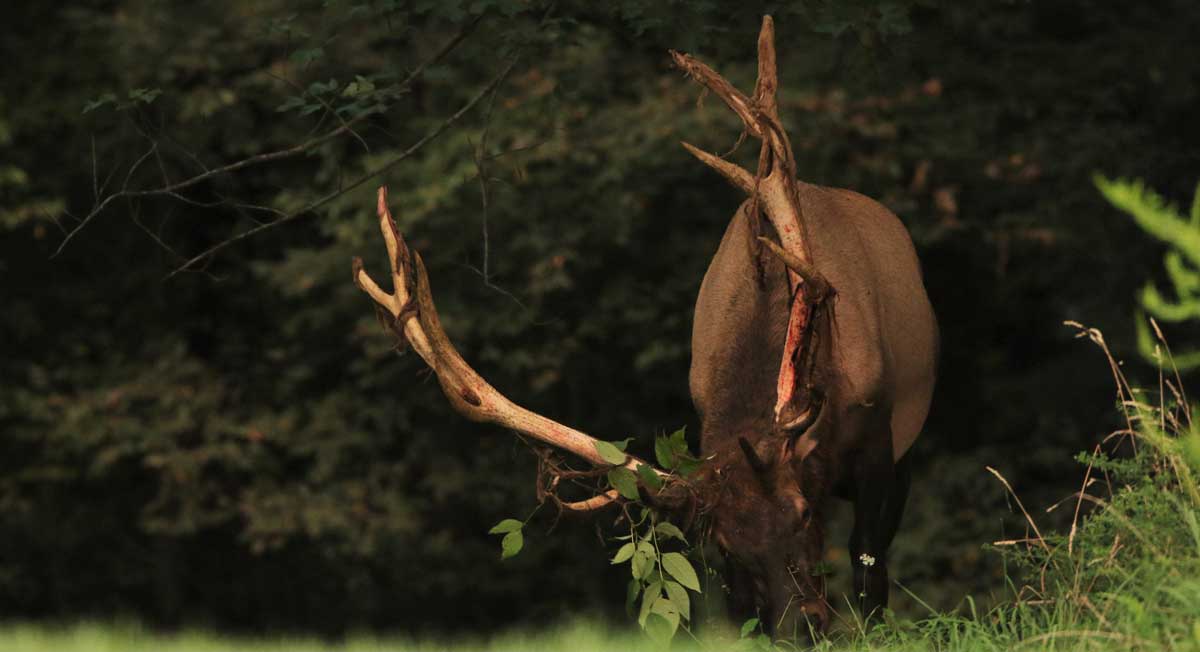Pennsylvanians who harvest deer, elk, mule deer or moose out-of-state likely can’t bring them home without first removing the carcass parts with the highest risk of transmitting chronic wasting disease (CWD).
Pennsylvania long has prohibited the importation of high-risk cervid parts from areas where CWD has been detected. This prohibition reduces the possibility of CWD, which always is fatal to the cervids it infects, spreading to new areas within Pennsylvania.
Earlier this year, the Game Commission strengthened its ban on importing high-risk cervid parts by prohibiting any deer harvested in New York, Ohio, Maryland or West Virginia from being brought back to Pennsylvania whole.
In previous hunting seasons, the prohibition applied only to deer harvested within counties in those states where CWD has been detected.
With the change, Pennsylvanians who harvest deer anywhere in New York, Ohio, Maryland or West Virginia either must have them processed in those states or remove the high-risk parts before bringing the meat and other low-risk parts back into Pennsylvania.
There now are 24 states and two Canadian provinces from which high-risk cervid parts cannot be imported into Pennsylvania.
The parts ban affects hunters who harvest deer, elk, moose, mule deer and other cervids in: Arkansas, Colorado, Illinois, Iowa, Kansas, Maryland, Michigan, Minnesota, Mississippi, Missouri, Montana, Nebraska, New Mexico, New York, North Dakota, Ohio, Oklahoma, South Dakota, Texas, Utah, Virginia, West Virginia, Wisconsin and Wyoming; as well as the Canadian provinces of Alberta and Saskatchewan.
High-risk parts include: the head (including brain, tonsils, eyes and any lymph nodes); spinal cord/backbone; spleen; skull plate with attached antlers, if visible brain or spinal cord tissue is present; cape, if visible brain or spinal cord tissue is present; upper canine teeth, if root structure or other soft tissue is present; any object or article containing visible brain or spinal cord tissue; unfinished taxidermy mounts; and brain-tanned hides.
Go here for additional information.
(Photo source: Pennsylvania Game Commission)
